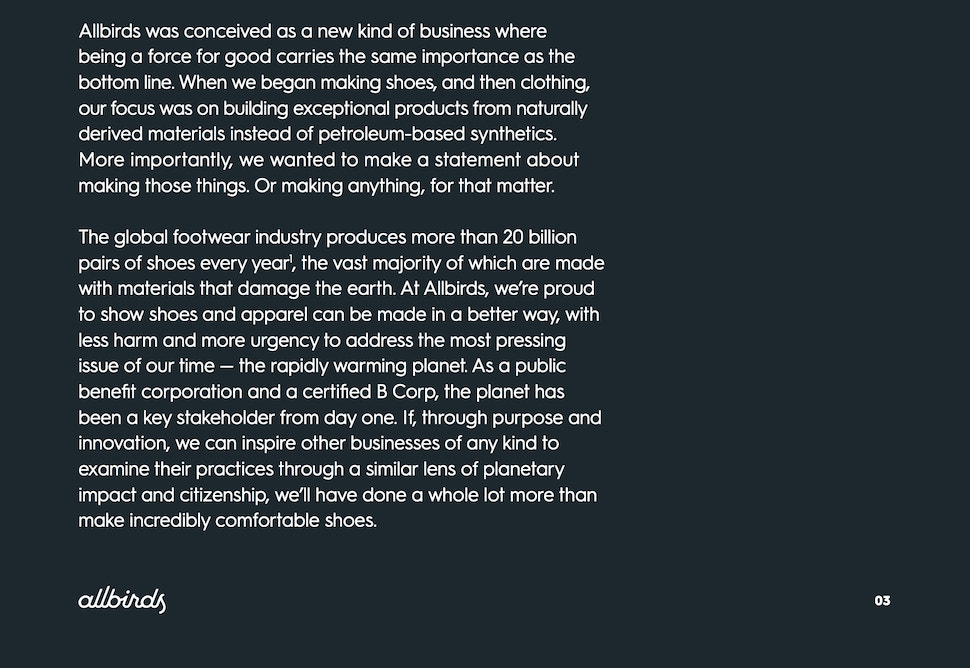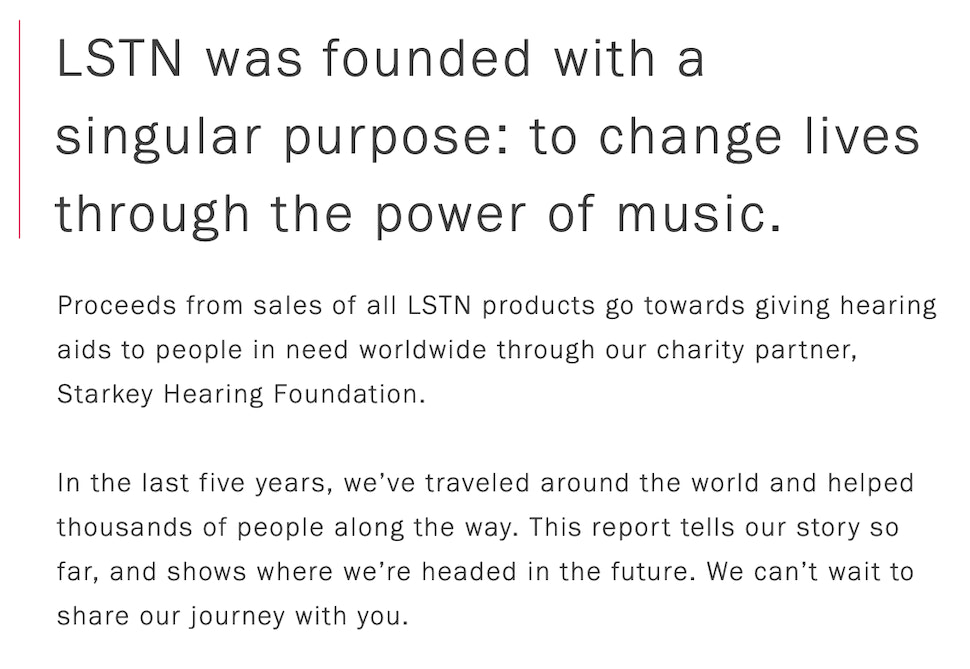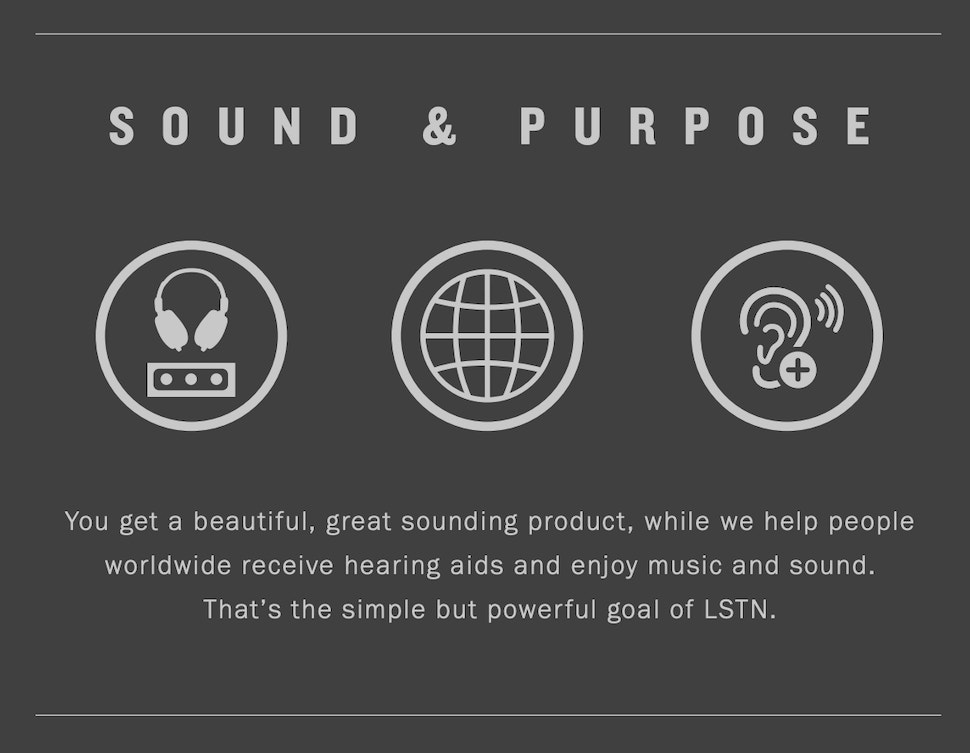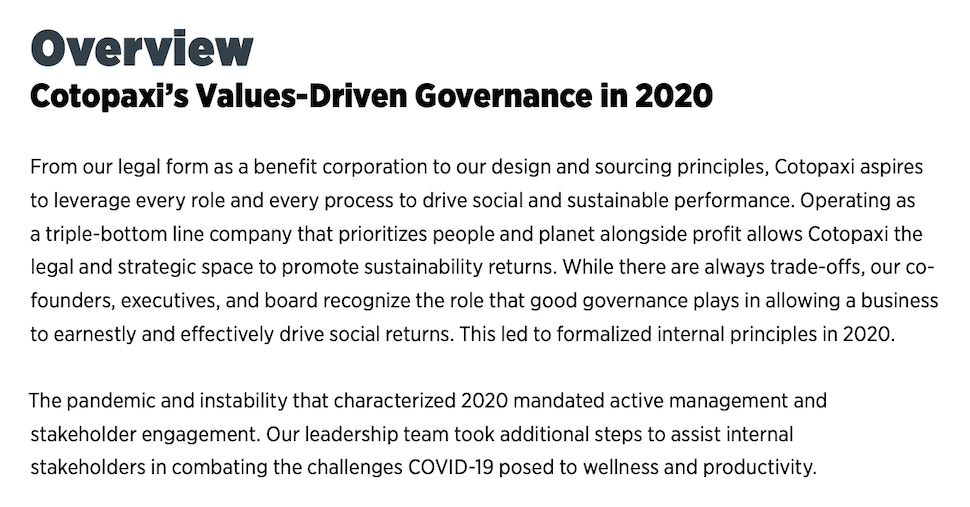An executive summary is a pared down version of a longer document—the tl;dr of the business world. Executive summaries often accompany reporting documents, though there are other contexts where you might need one (e.g., press releases).
Although all executive summaries provide highlights of a succeeding idea, presentation, or thought, it takes tact and a bit of strategy to write a persuasive executive summary—one that wins interest and support from the very first line.
Below, we’ll detail how to write an executive summary, including how to determine which bits to cut and which to keep.
When to use an executive summary
Put yourself in the shoes of your audience and consider which information is most important to them. If you’re writing an executive summary to accompany apress release, the information should be focused on your brand and some differentiators that prove people should care about what your brand is doing. If you’re writing an annual shareholder report, you’ll want to focus less on describing your company and more on how profitable your company has been and is projected to be.
The most important thing to remember here is to focus on your audience—don’t get hung up on what your report or executive summary is called. Think about who’s actually reading it.
As such, you may want to consider different formats for writing an executive summary. While you can certainly put it in a pdf file, you can also make it more scannable and digestible with other formats. Perhaps you’ll create an accompanying graphic or you’ll use slides if you’re presenting it to an audience in person. For easy distribution, you may also want to publish your executive summary on your website somewhere.
How to write an effective executive summary
There is no one-size-fits-all approach to writing an effective executive summary, because it always depends on the context and who you’re writing it for. The most important and compelling information changes depending on the scenario.
The executive summary for a proposal will read very differently than that of a backward-looking report.
The former may be more persuasive and forward-looking, while the latter will highlight some of the successes and wins the audience can expect to see in the succeeding report. When writing your executive summary, make sure to answer the following questions (how many sentences or paragraphs you dedicate to each will vary based on your audience):
- Who is your brand?
- What is the following text about?
- Why should your audience care?
- What highlights should readers be excited about?
In terms of length, keep your executive summary at one to four paragraphs. Again, this is contextual. An executive summary for abusiness planwill be more detailed than the summary accompanying a press release, for example.
Editing is an essential step to drafting an executive summary. You might even consider hiring a professional writer to handle it for you. If you don’t have the time or budget for that, consider sending your draft executive summary to a trusted team member. Be sure to brief them about the purpose of the executive summary and who’s going to be reading it.
You may also repurpose and reuse your executive summary or template based on the context. Write a generic boilerplate executive summary to use on things like annual reports, press releases, and onboarding documents. You can then rework this executive summary for more specific purposes, like financial reports or new product proposals.
Remember, your executive summary should set the stage for whatever is to come next. The executive summary is the first impression for your audience, so think about what you want that impression to be and then craft your summary around that.
Executive summary examples
FIGS investor relations page
Health care apparel and lifestyle brandFIGShas what it calls a “corporate overview” to serve as an executive summary onits investor relations page。The corporate overview describes the FIGS brand and highlights some of its biggest selling points: largest DTC health care apparel platform; form and function; and affordability.

FIGS uses these differentiators to illustrate the strength of its community, which is a positive sign for long-term profitability and growth—two key things investors look for.
Allbirds sustainability report
Allbirdsalso uses an executive summary to describe its mission-driven company. Sustainability is a major trait of the Allbirds brand, and the sustainability report will be read by consumers and investors who are interested in the company’s environmental impact. As such, it uses the executive summary forits 2020 sustainability reportto highlight the company’s environmentally conscious initiatives.

Not only that, Allbirds takes a subtle dig at its competitors, noting how the footwear industry contributes to environmental harm. Allbirds takes care to note that it runs its certified B Corporation in a sustainable way, knowing the audience is likely invested in this topic.
Love Your Melon press release
Love Your Melonhas a generic, boilerplate executive summary it uses in press releases likethis one。This executive summary is meant for a wider audience and has likely been reused for many different purposes.

Here, the executive summary is titled “About Love Your Melon” and describes the brand’s mission to fight pediatric cancer. Love Your Melon also includes specific metrics—always ideal for persuasive purposes, especially because numbers don’t lie—touting its 215,000 gifted hats to children and $8.3 million in donations. Furthermore, the executive summary provides a call to action (CTA) for readers to learn more about the brand on social media.
LSTN impact report
LSTN Sound Co.is another brand committed to corporate social responsibility (CSR). As such, it publishes an annualimpact report。虽然它没有一个专门的执行官夏ary, per se, there are sections in the beginning of the report that fill that role. The report starts out with a writeup about the brand and its mission.

Next, we see a single sentence featuring what could be the brand’s mission statement.

And finally there’s a letter of introduction from co-founder Bridget Hilton.

You could argue this “executive summary” is too long, but it’s split into three distinct sections, each with its own page and visual treatment. In some cases, longer executive summaries work—especially when they’re pieced together with other elements of your brand.
Cotopaxi impact report
Cotopaxi, another CSR-minded brand, also publishes an annual impact report detailing the contributions it’s made toward social and sustainable goals. The following shows up as an executive summary—titled “Overview”—in its2020 report:

The summary is straightforward and simple, focusing on the brand’s mission and principles as well as the timeliness of the COVID-19 pandemic. It sets the stage for the rest of the report, showing readers that they’ll learn more about Cotopaxi’s new internal principles and how it’s stepping up to the plate to support teams and stakeholders affected by COVID-19.
You’re ready to write your executive summary
Your executive summary is more than just an introduction to a report or document. It serves as the highlight reel that draws your audience in. Writing a persuasive executive summary will undoubtedly take a few tries, but by following the advice in this post you’ll be well on your way.

